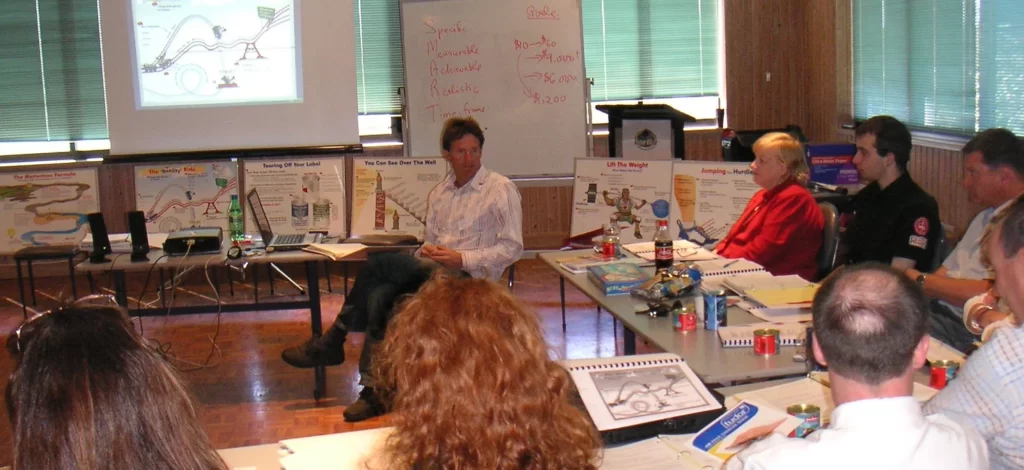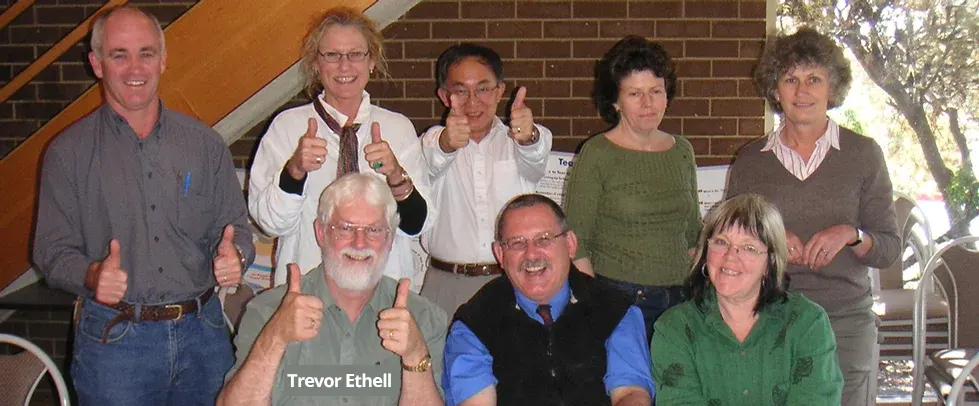** is a multi-sensory Evidence-Based Program
** its Curriculum is Research-Informed
** fosters Relationships, Relevance and Resilience

“One dollar spent proactively is worth more than one thousand dollars spent reactively. There is no better way forward for Rotary Clubs than to support the Why Try program. Quite simply will make a difference.”
“Why Try ? is the best pre-court diversion program I have come across in 22 years of involvement with youth crime prevention programs as a Police Officer.”
“Why Try can attract young people off the streets and away from the juvenile courts. Why Try hit the spot with me when I attended the Why Try Facilitators Certification Training. Why Try teaches young people to be accountable and responsible for their actions.”
“The Why Try program embarks youth on a journey of emotional intelligence. I believe many young people who enter the Juvenile Justice system would not be there if they had the opportunity to be exposed to the Why Try program.”
“The Rotary Club of Wagga Wagga was introduced to the Why Try program. We have been so impressed that we got right behind it.
“I have a grandson whom David Yap was working with on a one-to-one basis. What I have seen the program do for him is quite remarkable.”
“I hope that all other clubs throughout Australia will give Why Try their full support, as it is a wonderful program.”

“I am Head Teacher Welfare at the Riverina Suspension Centre in Griffith NSW. Suspension centres were set up to cater for students who are long suspended in the NSW education system. Long suspension is from 5 to 20 days, includes suspension for:
** Physical violence
** Persistent misbehaviour
** Possession of a weapon
** Use of an implement as a weapon
** Use or possession of illegal substance
** Criminal behaviour”
“At the time of setting up the suspension centre, I had just finished the training program for Why Try? and had trialled it with a group of students at my previous school. Due to the success of this trial, I determined to use Why Try? as the base program for behaviour modification for my clients in the suspension centre.”
“The centre operates from 10am till 1.30pm every day. The first two hours we work through one of the Why Try? sessions. It would be possible to go through each session in 10 to 15 minutes, but the sessions provide a very useful tool for talking through lots of issues with the students and we normally take about two hours per session. It’s all about getting the kids to talk.”
“I am a fully qualified professional counsellor and I appreciate the way that Why Try? incorporates both Cognitive Behaviour Therapy (CBT) and Solution Focussed Brief Therapy (SFBT), being the two therapies that suit me most from the range available.
“It does not, however, require someone trained in counselling to successfully use the Why Try? program, as everything is on the screen via a PowerPoint presentation. What is important to remember is that the questions on the screen are just the beginning of the conversation: anyone who has any affinity with teenagers will be able to pursue issues as the students raise them. In other words, use the questions to stimulate discussion and then follow the students’ lead. Sometimes two hours can pass without us even noticing.“
“Now, for the good news: of the 200 or so students who have gone through the Why Try? program, fewer than 10% have re-offended and been suspended again.”
“I believe that the use of the Why Try? program is largely instrumental in achieving this result. It does need skill and a sympathetic approach as well as some imagination, but if used intelligently I believe anyone can use it as a tool to connect with teenagers, even those who have been suspended for the behaviours listed.”

Copyright © Cultivating Achievers. Website designed by Yogi. Managed by I Market And Manage.